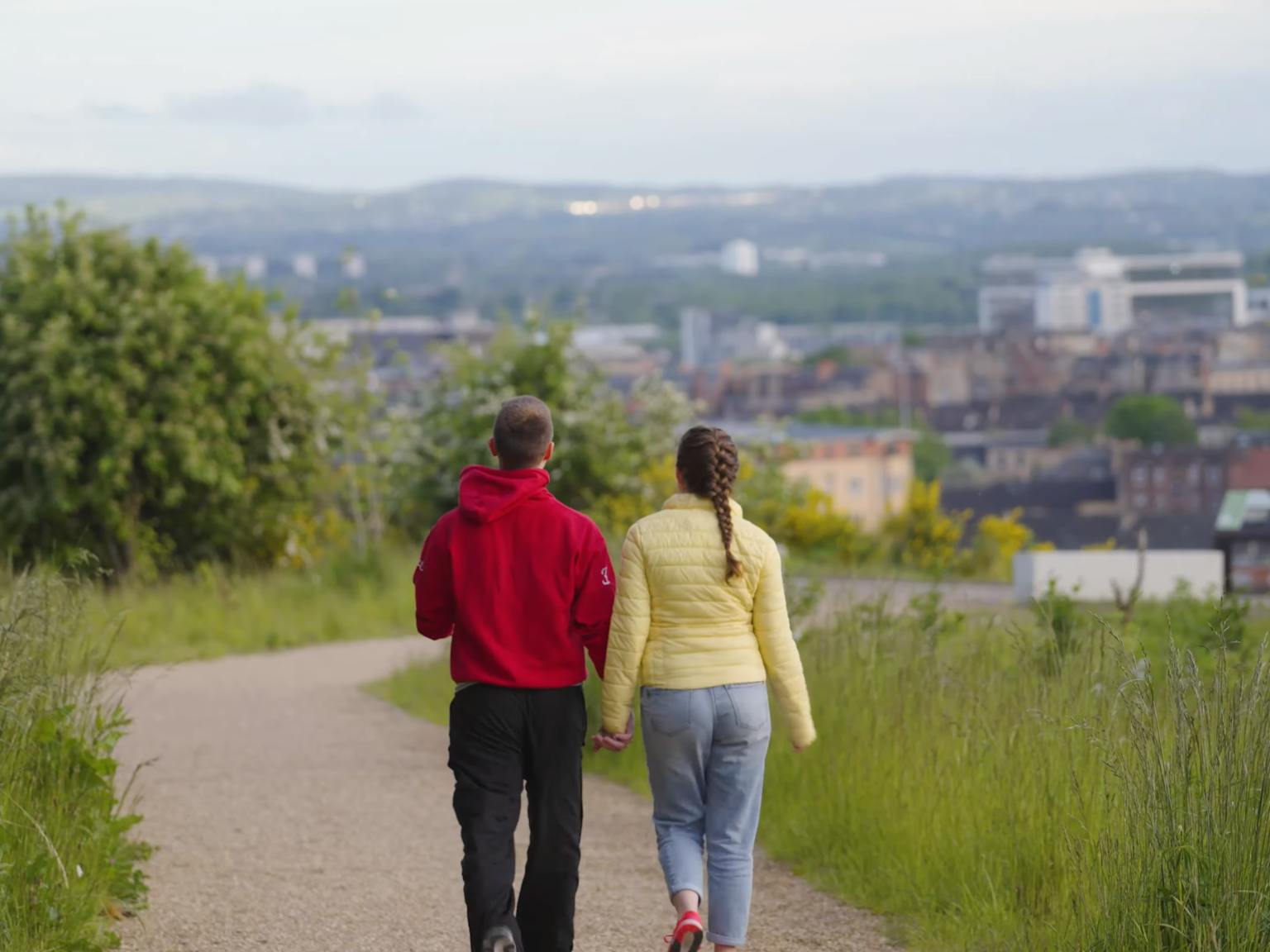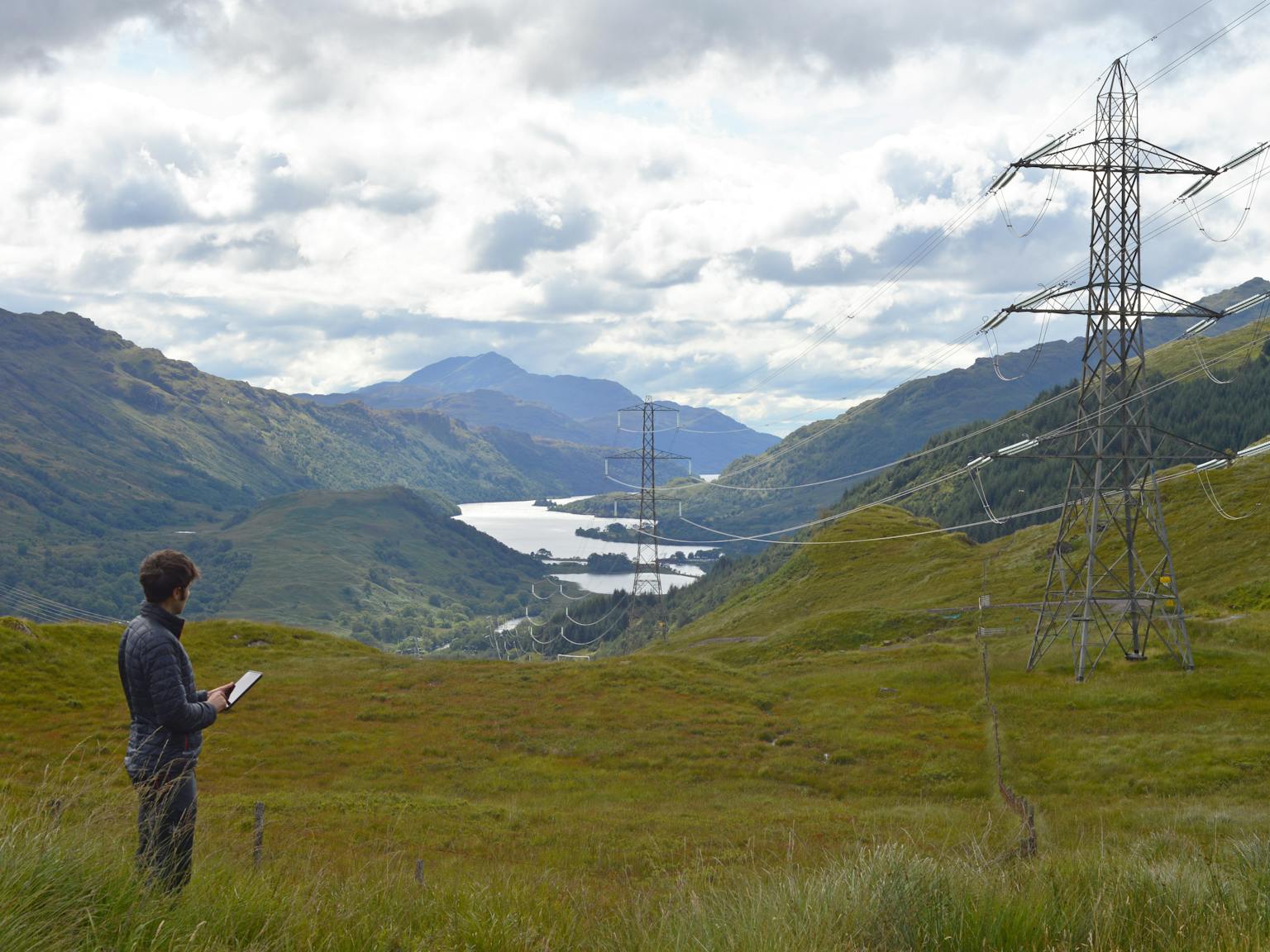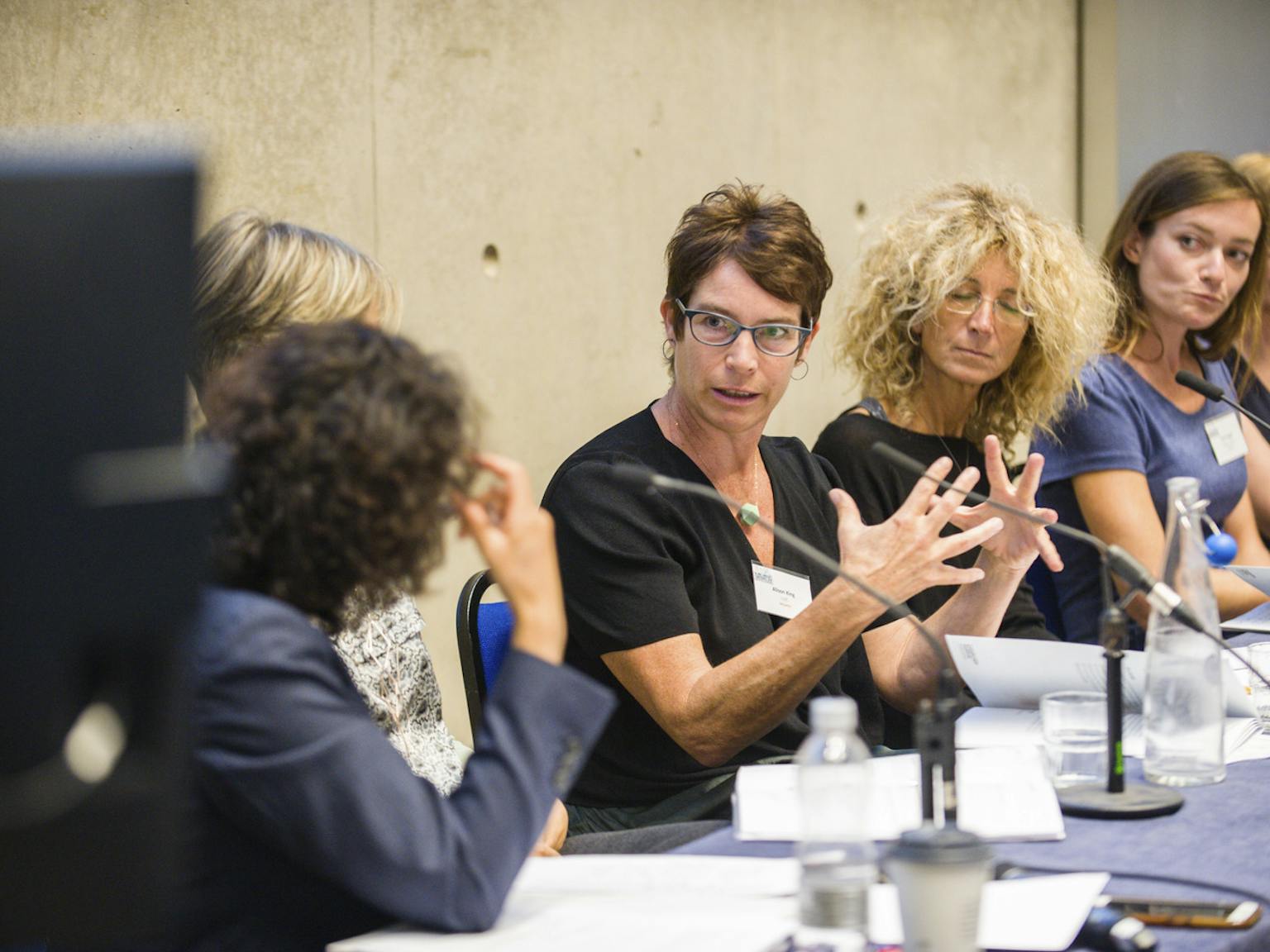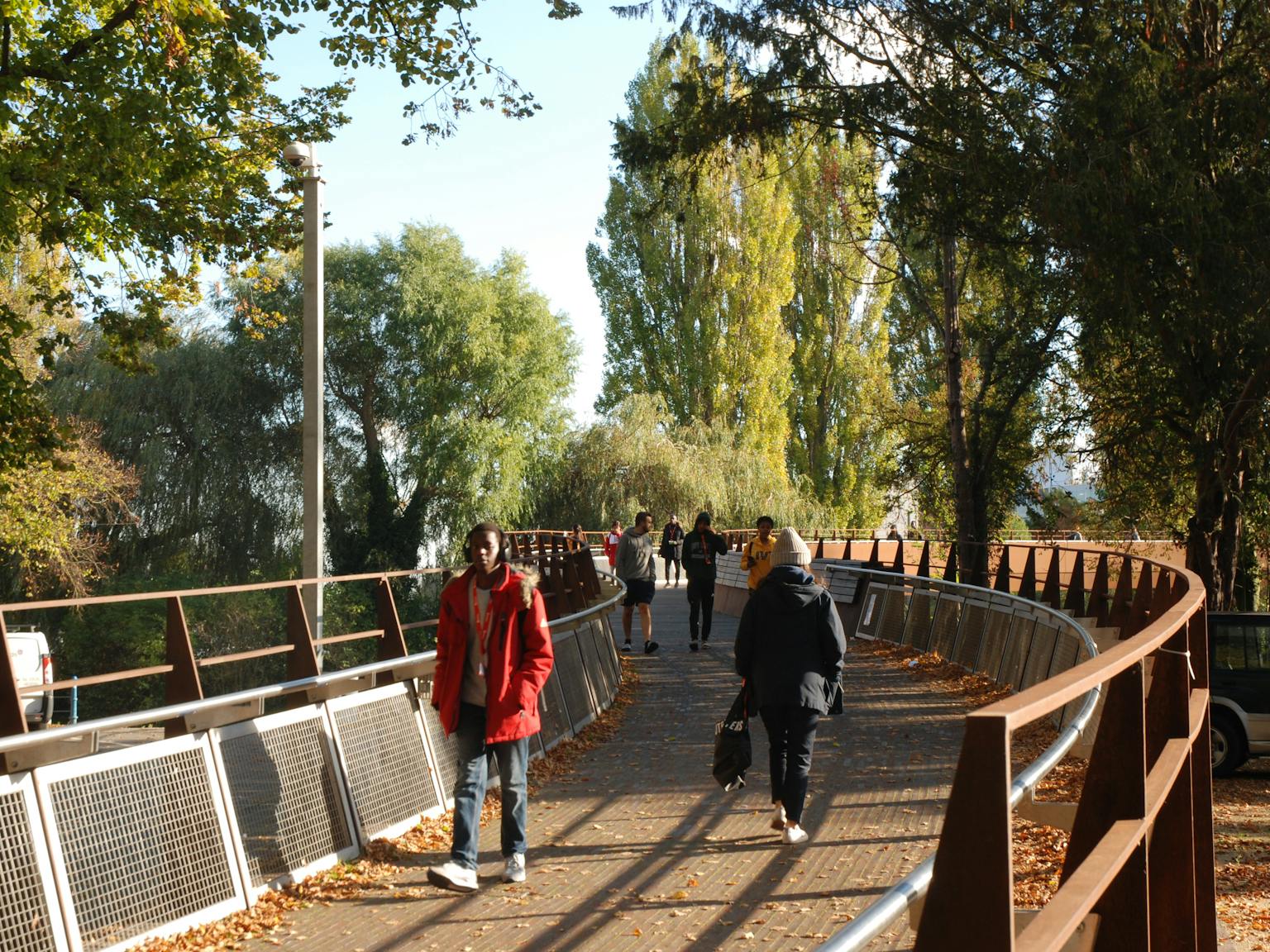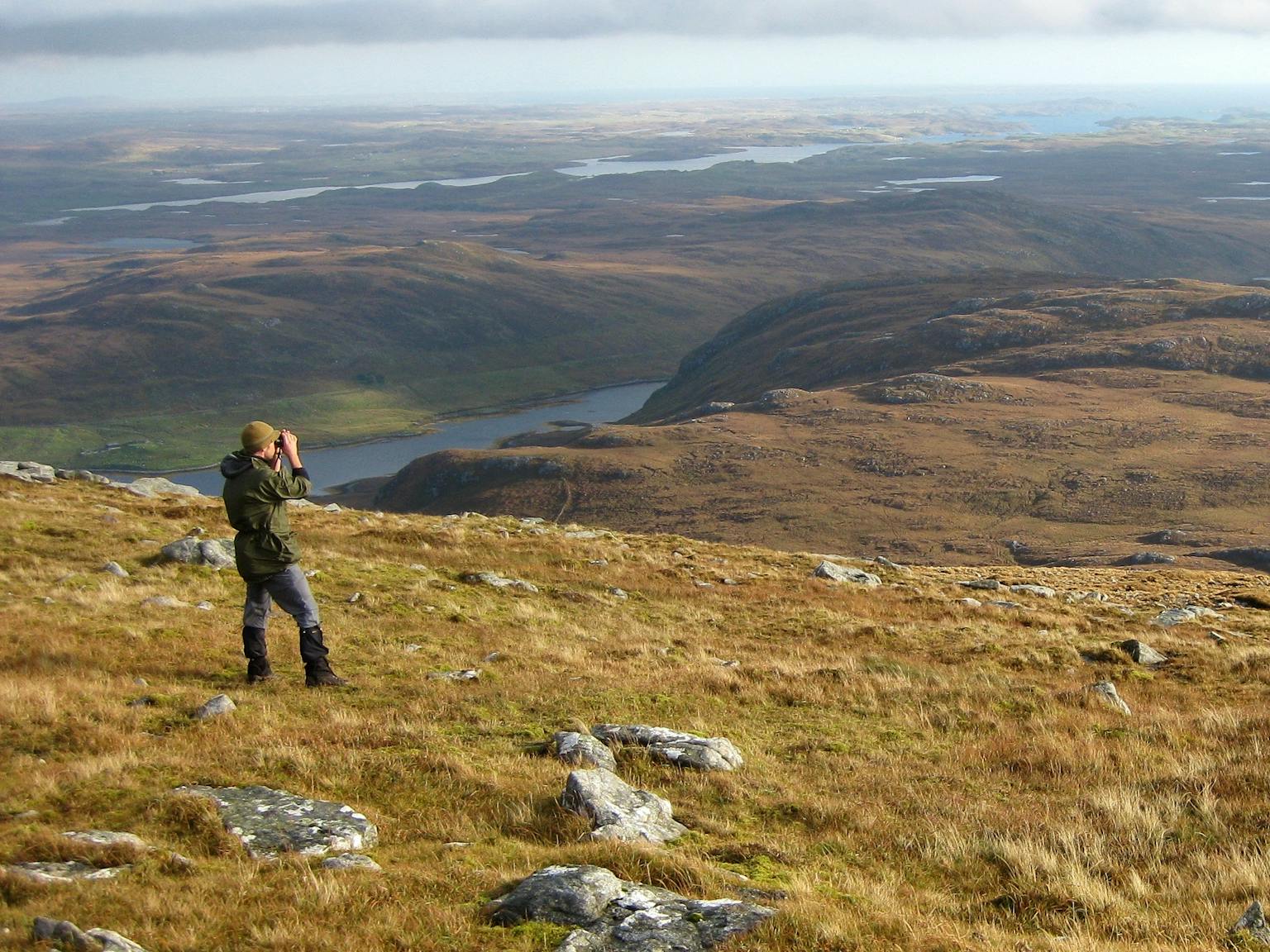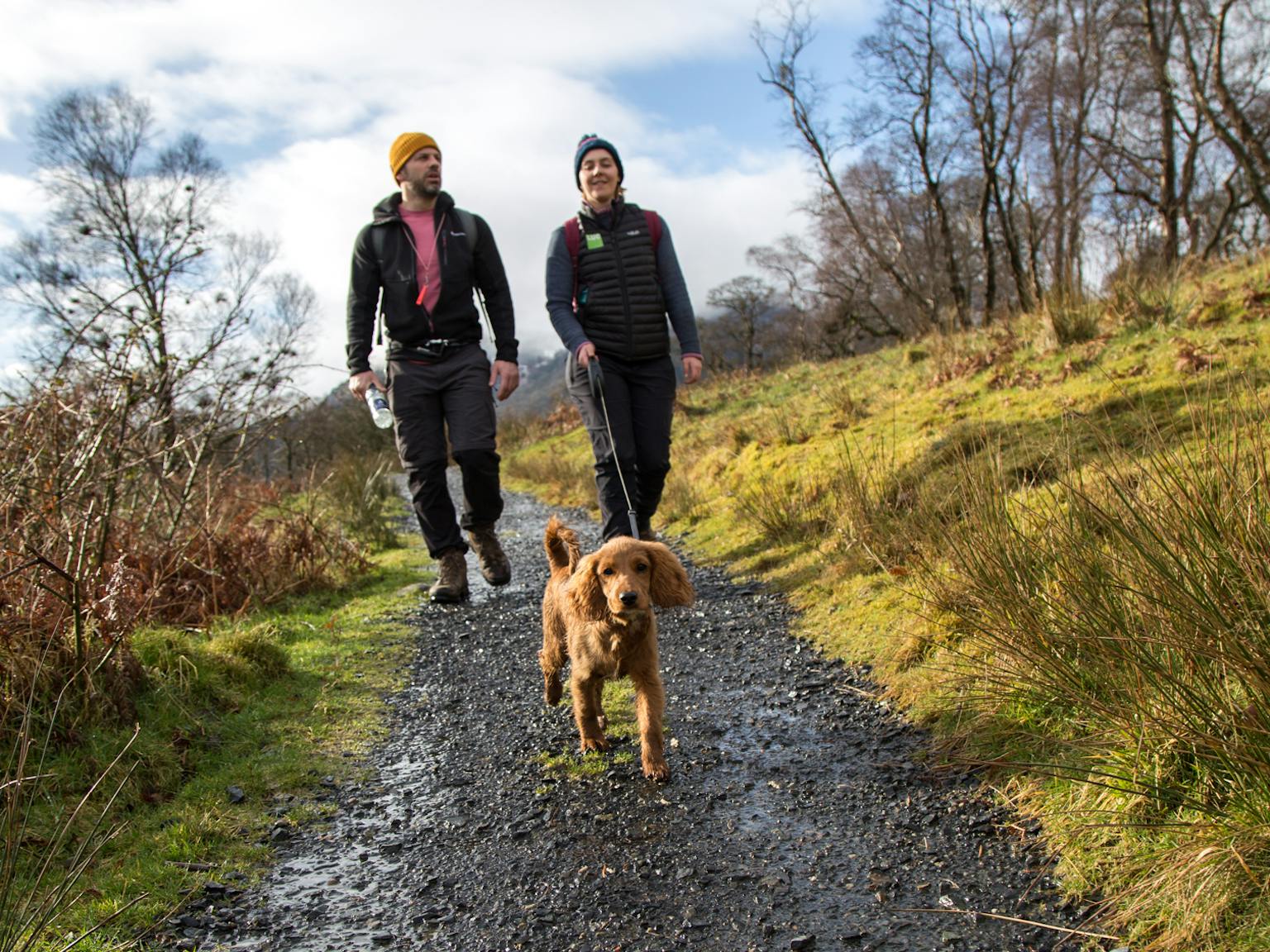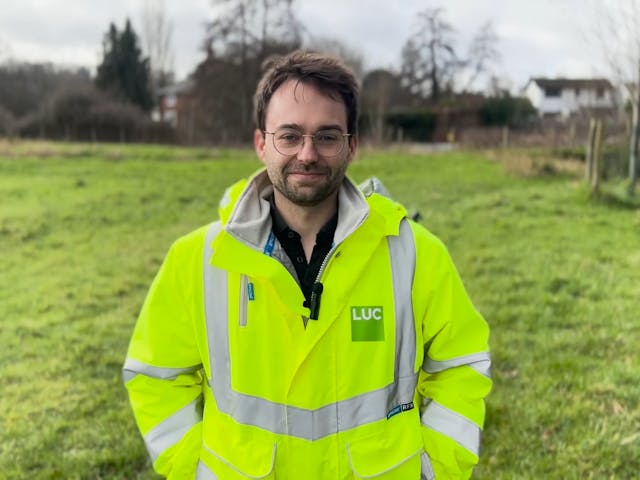
Providing landscape evidence at inquiry
The role of the Expert Witness
An expert witness provides an opinion which can be relied upon by a decision maker and is, therefore, a critical part of any examination process, such as a planning inquiry or local plan examination. They can assist the decision maker in interpreting complex matters, and this is particularly true of disciplines, such as landscape and visual matters, where decisions are made on a more qualitative basis, requiring careful analysis of many factors. The role of the landscape witness is to lay out these factors and present them in a clear and concise way so that a robust and reliable line of argument can be followed towards an informed decision.
The recent Rosewell Review of planning appeal inquiries seeks to streamline the process and we welcome its recommendations, particularly the emphasis on early agreement between opposing parties on the key areas of difference. Minimising these areas of difference is important in focusing the evidence on key points, allowing the case to be efficiently presented to the decision maker. We also note the suggestion that Inspectors should be more assertive with witnesses, increasing the importance of clear, uncomplicated evidence.
Considerations for selecting a witness
A sound grasp of policy and guidance is essential, but the witness must also be able to absorb a large amount of knowledge about the key issues of the proposal, often through involvement in the project through the development stages. It should always be borne in mind that the potential witness must be comfortable with the position they are being asked to represent. Like many professionals, landscape architects are regulated by a code of conduct that means they are bound to offer independent and unbiased evidence. While this may not always match the client’s expectation, an honest witness will be viewed as more reliable than one who appears willing to change their view.
The witness must contend with the decision-making procedure itself: public inquiries are adversarial in nature and may feature aggressive questioning by lawyers, or passionate members of the public. Opposing evidence must be carefully considered and rebutted as necessary. The expert witness must be prepared for, and be able to react to, unforeseen questions or new evidence, remaining calm and focused in order to provide clear and robust responses. Expert witnesses have a professional duty to provide honest advice and to restrict their evidence to areas in which they have relevant expertise.
Expert witnesses are generally senior members of their profession, with many years of experience in their field. Often they have high standing in their professional institute and command the respect of their peers. However, this is not a prerequisite, and professional standing does not serve as a substitute for a detailed understanding of the issues that the decision will turn on.
We can help
A number of LUC’s senior staff are experienced expert witnesses, who regularly provide written and graphical evidence, and appear at public inquiries, hearings and examinations across the UK. Our expertise has assisted in securing planning consent for a number of developments, and we have also provided essential support to local planning authorities and public bodies with respect to the impact of development in protected landscapes.

